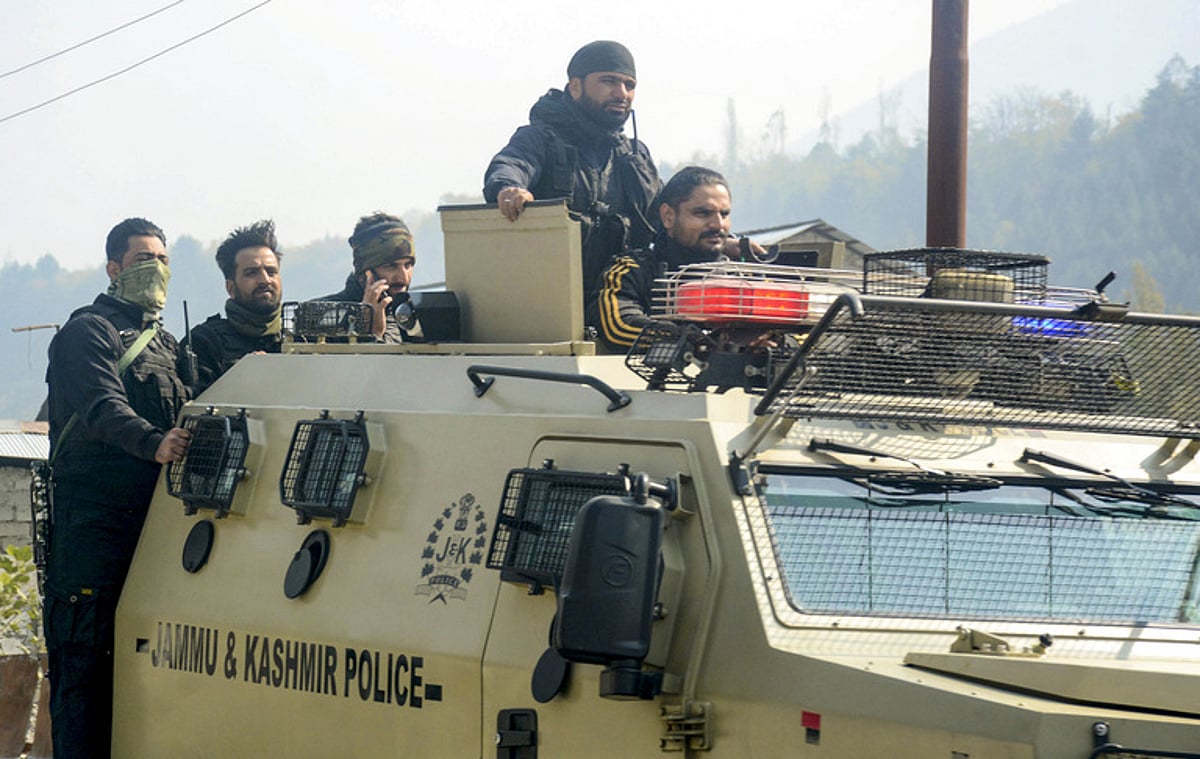 |
|
The recent spate of grenade attacks in Srinagar, Jammu and Kashmir, signifies a disturbing shift in tactics employed by militant groups targeting security forces. According to sources within the security grid, these attacks represent a deliberate escalation aimed at undermining the region's fragile peace and stability. The apprehension of two suspects, an overground worker (OGW) and his handler, has shed light on the planning and execution of these attacks.
Intelligence gathered from sustained interrogation of the apprehended individuals revealed a meticulously crafted strategy. The OGW and his handler conducted reconnaissance of six camps belonging to the Central Reserve Police Force (CRPF) and the Rashtriya Rifles (RR), identifying potential targets for grenade attacks. This meticulous reconnaissance suggests a level of coordination and planning that indicates a sophisticated network operating within the region. The two suspects were apprehended last week based on intelligence gathered by Military Intelligence (MI), highlighting the vital role of intelligence gathering in preventing potential attacks.
The seizure of a cache of 12 grenades and five batteries from the suspects provides concrete evidence of their intent to inflict harm upon security forces. Authorities believe that the batteries were intended to delay grenade detonations, granting the attackers precious time to escape after an assault. This underscores the calculated and deliberate nature of the attacks, highlighting the potential for significant casualties had the planned attacks been successful. The apprehended handler, Sajjad Ahmed Dar, and the OGW, Danish Bashir Ahenger, stand accused of carrying out reconnaissance and planning the attacks. Their apprehension, along with the seized weapons and materials, presents a significant blow to the militant network involved.
The security forces in Jammu and Kashmir face an ongoing challenge in combating militant activities. The recent grenade attacks highlight the evolving tactics and strategies employed by militant groups. The increased focus on targeting security forces underscores the need for heightened vigilance and a multi-pronged approach to counter militancy. This includes enhancing intelligence gathering capabilities, strengthening security measures at potential targets, and effectively disrupting militant networks. The apprehension of the suspects and the recovery of weapons and materials demonstrate the importance of proactive measures in thwarting terrorist activities and maintaining peace and security in the region.
Source: Grenade attacks mark new wave of targeting in J&K, sources reveal
